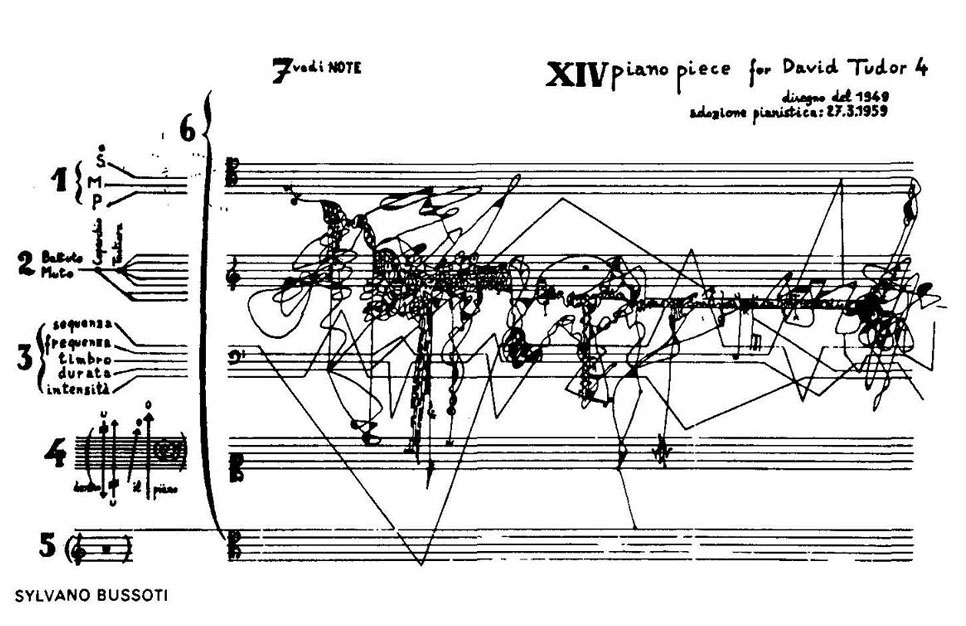
Practice Project: „Rhizome – Connections and Collectivities in Space“
Elective module 4th to 8th semester / Elective module Certificate Studies
Module Focus
The Project „Rhizome – Connections and Collectivities in (Social) Space“ focusses on to explore the responsibility and meaning of design in the social world. As a main reference we will work with the concept of the Rhizome. Rhizomes demonstrate: We are both ourselves and the world. The world is within us, and we are within the world. We cannot define ourselves without reference to other fellow human beings. Rhizomes shed light on the interconnectedness of everything planetary. The philosophical concept of rhizomatics questions how knowledge is ordered and hierarchized in our society. Rhizomes are the network behind human made categories. They illustrate multiple access points to one and the same phenomena. We wonder how rhizomatic thinking can help to create stronger collective consciousness in times of societal division and anti-democratic attitudes. To explore this, we’ll take a closer look at specific social spaces as microcosms.
Module Content
We will search for meaning without pre-given assumptions… How can we visually grasp what ties people together as a community? How can people understand each other more strongly as a community? How is the "we" differently occupied? Who is part of the "we“?How can the "we" be shaped? Connecting Design and Sociology a rhizomatic mosaic is going to unfold.
Responsible for this module
Anna-Paula Wichert
- Trainer/in: Anna-Paula Wichert
Practice Project: „Qualification Integration / On My Way“
Elective module 4th to 8th semester / Elective module Certificate Studies
Module Focus
All societies, in Europe and beyond, face the problem of losing their potential. The acute
shortage of skilled workers in most Western countries is just one example. It is not that there is
a general lack of potential, but rather that the existing potential is not being used. This is
primarily a structural problem. Instead of activating the existing skills, the already acquired
knowledge and, most importantly, the desire and passion for individual development of a
large number of young people, they are more or less generally segregated and managed as
non-integratable or unwilling to integrate. This lack of activation is now partly in the 3rd
generation. The most effective way to change this is to use the already existing programs, as
they have been launched for years by the respective governments, the EU or the United
Nations, and to make them much more real at the grassroots level, in the regions and cities,
as it has been happening so far. The basis for this is, first of all, mutual communication
between the target group (i.e. young people with a broad spectrum of potential) and the
young people who are already established in terms of "being on their way". Therefore, we
need a collaboration between the organizers of the support programs and the institutions
responsible for those who are "on their way", such as the Academy of Visual Arts, Frankfurt.
Module Content
Determine the path: Together with the participants of the support program, the students of
the Academy concretize their respective options, what is the goal they want to achieve, why
do they want to achieve this goal, how can the goal be realized.
Objectification of the idea: The idea of what and why is objectified in terms of design. What
does what I want look like? This can be done with all creative means and media. The students
are active both as designers and as mentors for those involved in the support program.
Field Research: At the same time, field research will be conducted to investigate the reasons
why the majority of those eligible do not take advantage of the support programs offered.
Communication Design: Based on the results, communication measures will be conceived,
designed and implemented.
Responsible for this module
Antonia Henschel, Tomaso Carnetto (AVA), Cicek Sahin-Keskin, Jorgos Mantikos
(Königsberger Diakonie)
- Trainer/in: Tomaso Carnetto
- Trainer/in: Antonia Henschel
- Trainer/in: Jorgos Mantikos
Practice Project: „Accents of Migration“
Elective module 4th to 8th semester / Elective module Certificate Studies
Module FocusIf we take seriously as a necessary condition for a living democracy that togetherness is not primarily the bond of family, clan, tribe or nation, but the togetherness of diversity, then we have to ask not only how to deal with migration, but much more: can we do without migration at all?
If we look at what has been called history so far, as well as at our current political, economic and ecological situation, and consider how to work on the most pressing problems, the answer is definitely no, we cannot renounce migrating! Migration, understood as the concrete unfolding of togetherness in its diverse needs and cultural values.
Module Content
The practical project will be carried out with the cooperation partner "Institute for Migration". The project aims at the development of the German Museum for Migration and Internationality on both levels, the content-oriented design of an ongoing communication process about migration (itself as an ongoing process) and the design of the objectification of the topic (objects and their spaces).
Responsible for this module
Andreas und Stephan Lauhoff (AVA)
- Trainer/in: Andreas Lauhoff
- Trainer/in: Stephan Lauhoff
